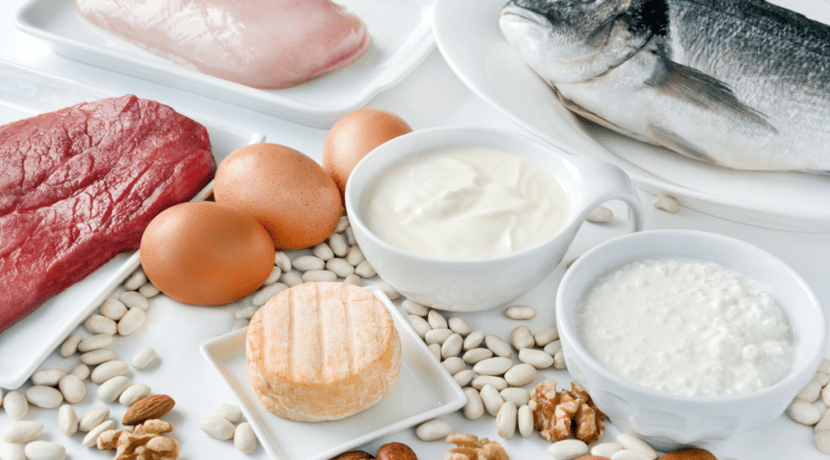High-protein diets can damage blood vessels
Problematic amino acids February 25, 2024 9:36 p.m. Robert Klatt Ambitious athletes, especially bodybuilders, eat a diet rich in protein. However, too much protein can damage blood vessels. Pittsburgh (United States). According to German Society for Nutrition ev (DGE), depending on age, adults should consume between 0.8 and 1.0 grams of protein per kilogram of […]

Problematic amino acids
Robert Klatt
Ambitious athletes, especially bodybuilders, eat a diet rich in protein. However, too much protein can damage blood vessels.
Pittsburgh (United States). According to German Society for Nutrition ev (DGE), depending on age, adults should consume between 0.8 and 1.0 grams of protein per kilogram of body weight in their diet daily. Ambitious athletes, especially bodybuilders who want to build as much muscle mass as possible, often consume significantly more protein. A study from the University of Worcester recently showed that a diet too high in protein is unhealthy and can lower testosterone levels in men.
Laboratory experiments on mice have already shown in 2022 that excess protein can increase the risk of arteriosclerosis. Atherosclerosis causes blood vessels to stiffen and reduce blood flow. Scientists from the University of Pittsburgh (Pitt), led by Babak Razani, therefore studied whether a high-protein diet also affects blood vessels in humans.
Higher leucine concentration from a high-protein diet
According to the publication in the specialist magazine Natural metabolism 23 healthy overweight subjects participated in the study. Subjects ate either a low or very high protein meal. The researchers then examined the subjects’ blood and found that the high-protein diet significantly increased amino acid levels in the blood. The leucine concentration was particularly influenced.
Leucine, an amino acid, can disrupt human immune cells at high concentrations. As a result, they no longer remove defective cellular components in the blood to the usual extent. If leucine levels are too high over time, it causes plaque to build up on the blood vessels.
“Our study shows that increasing protein intake in the pursuit of better metabolic health is not a panacea. You could cause real damage to your arteries.
Studies have also shown that the concentration of leucine in the blood is not increased to the same extent by foods of plant and animal origin.
“We hope this research will start a discussion about ways to make specific dietary changes that can influence bodily functions at the molecular level and reduce the risk of disease.”
Natural metabolism, doi: 10.1038/s42255-024-00984-2














